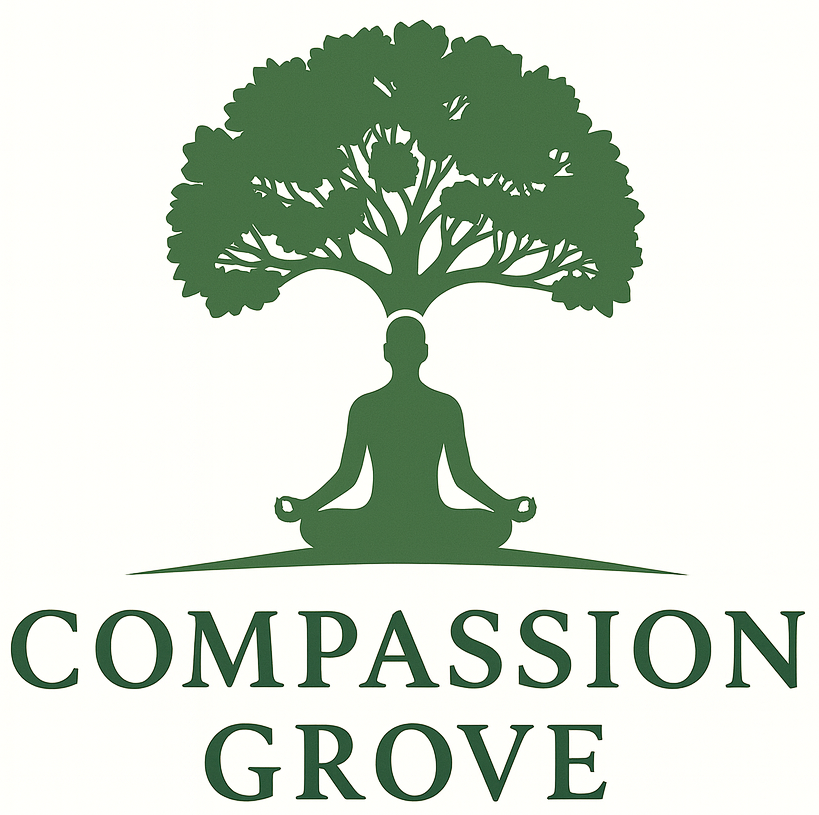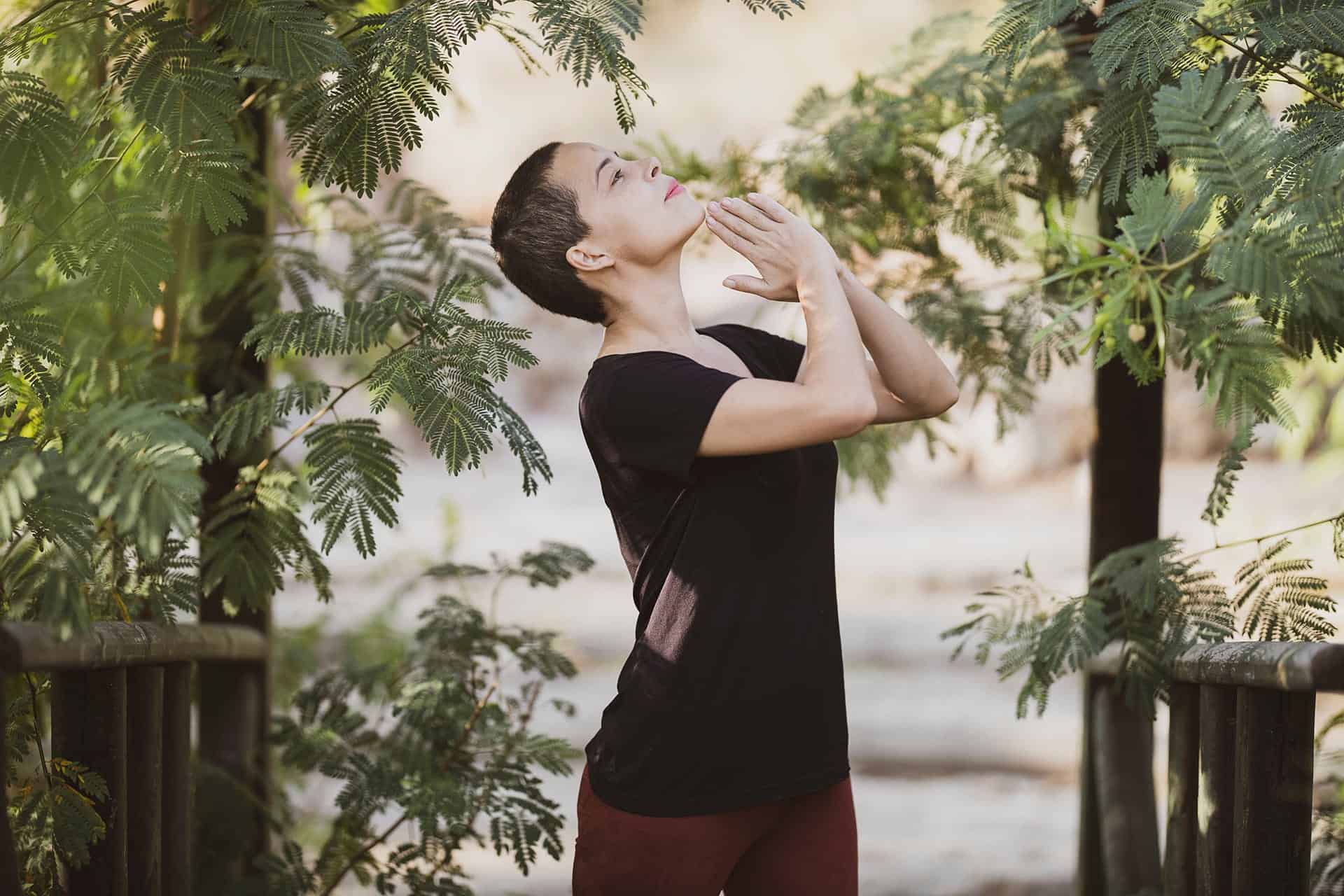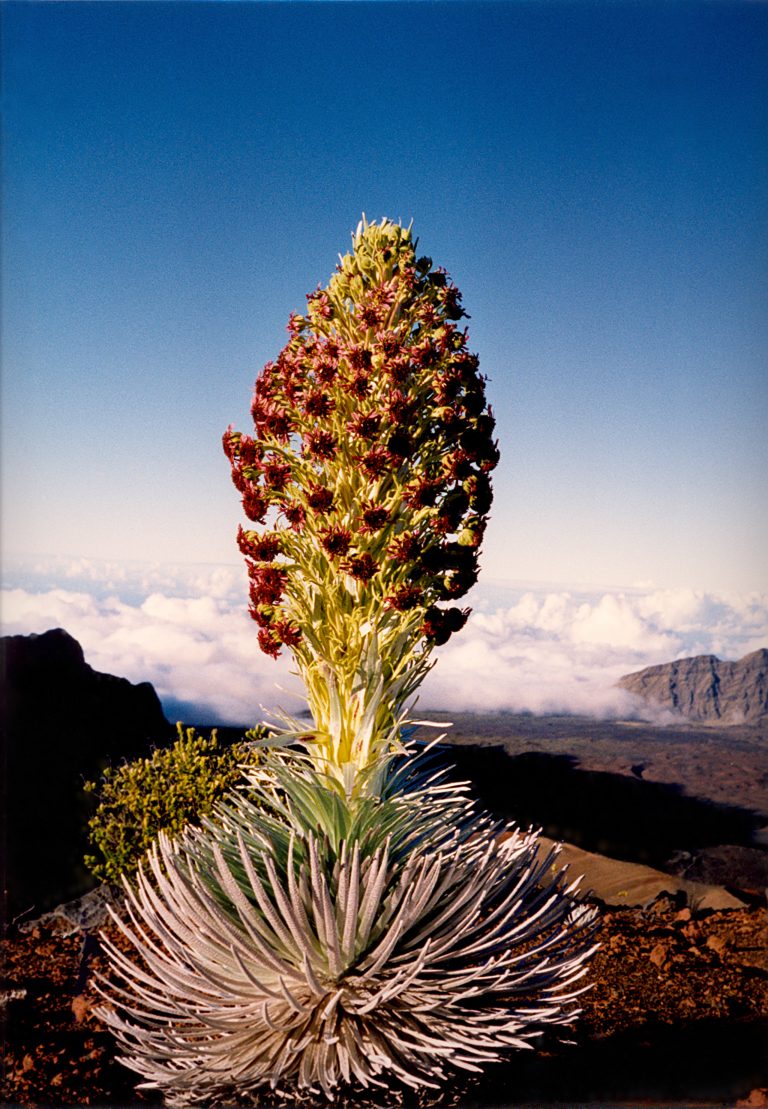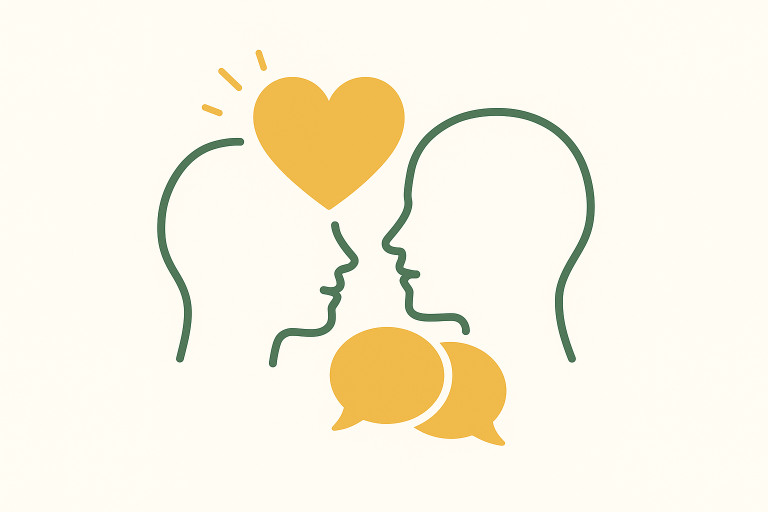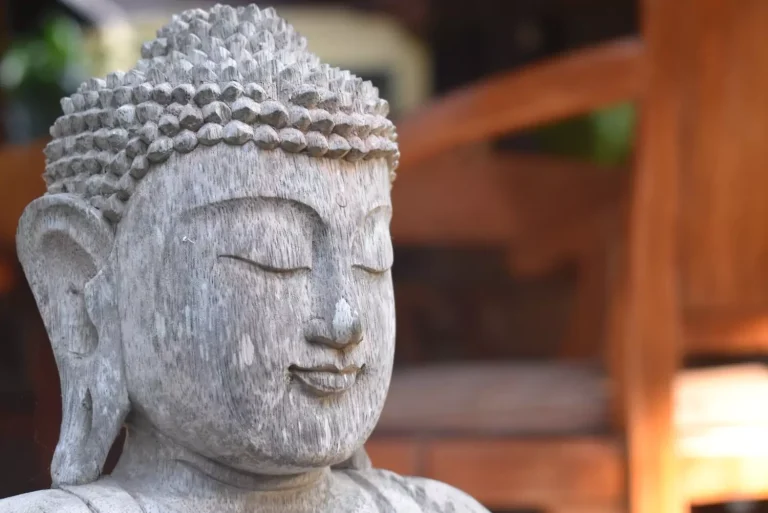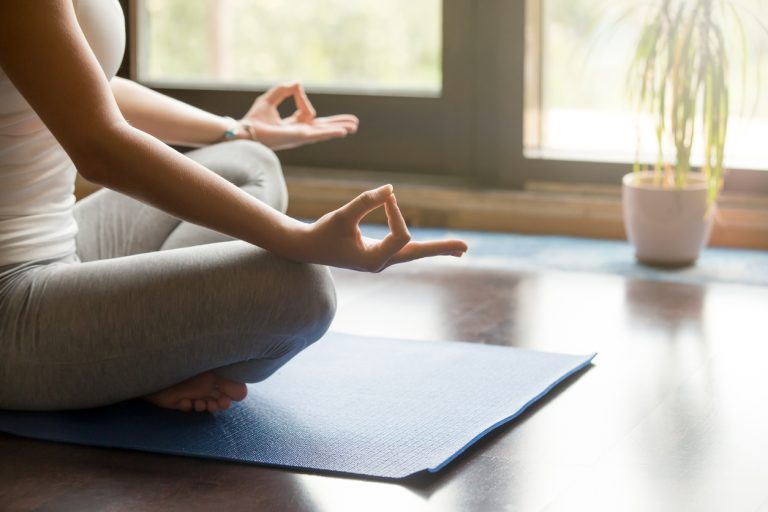How To Breathe Properly When Meditating
How To Breathe Properly When Meditating
(From the Perspective of CBRT)
One of the foundations of Compassion-Based Resilience Training (CBRT) is learning how to use the breath as an anchor for presence, calm, and clarity. In CBRT, breathing isn’t about forcing the body into an artificial rhythm — it’s about gently returning to the natural flow that supports healing and awareness.
1. Why the Breath Matters
In meditation, the breath connects body and mind. For CBRT, the breath is the first step in cultivating sensitivity to inner experience and building compassion for ourselves. A calm, steady breath helps regulate the nervous system, creating the conditions for insight and healing.
2. The CBRT Way of Breathing
- Natural, Not Forced
Let the breath flow on its own. Avoid controlling it; instead, notice how it enters and leaves. - Breathe Through the Nose
Breathing in and out through the nose naturally slows the rhythm, warms the air, and helps engage the parasympathetic nervous system. - Feel the Whole Body Breathe
In CBRT practice, the breath isn’t limited to the lungs. You learn to sense how the whole body rises and falls with the breath — like waves gently moving across a lake. - Slow and Gentle Awareness
Allow the exhale to lengthen slightly, signaling to the body and mind that it is safe to relax.
3. A Simple CBRT Breathing Practice
- Sit upright but relaxed.
- Place one hand over your heart or belly to feel the breath.
- Inhale through the nose gently.
- Exhale slowly, letting go of any tension.
- Rest in the sensation of the breath moving naturally.
4. From Breath to Compassion
Breathing properly in meditation is not just about calmness. In CBRT, each breath is a reminder of our shared humanity — we all breathe the same air. With practice, breathing becomes an act of compassion: soothing ourselves while remembering our deep connection to others.
